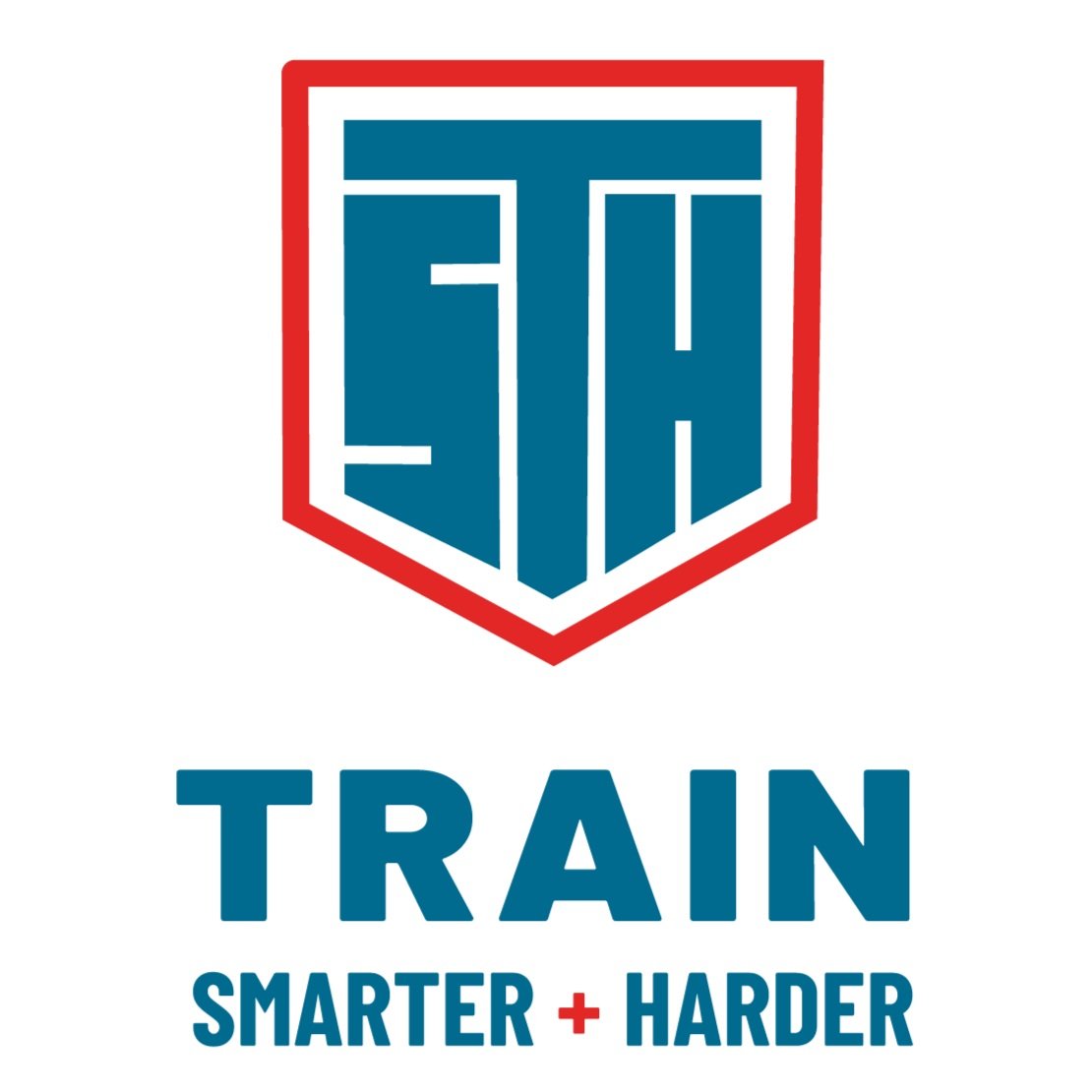Be specific in your self-evaluations and let outcomes stand on their own.
We tend to use outcomes as the standard by which we evaluate effort, quality, and performance. But, there’s a better way.
⠀⠀⠀⠀⠀⠀⠀⠀⠀
What do we mean?
⠀⠀⠀⠀⠀⠀⠀⠀⠀
“How was your workout?”
- “It was great.” (evaluation)
“How do you know?”
- “I finished it!” or “I’m dripping sweat!” (outcome-based standard)
⠀⠀⠀⠀⠀⠀⠀⠀⠀
“How did you play in the game?”
- “Awesome.” (evaluation)
“How do you know?”
- “We won!” (outcome-based standard)
⠀⠀⠀⠀⠀⠀⠀⠀⠀
If we really want to improve, we need to evaluate these things against specific standards for effort, quality and performance - and leave outcomes out of the equation. Because outcomes can go either way.
⠀⠀⠀⠀⠀⠀⠀⠀⠀
“How was your workout?”
- “It was great.” (evaluation)
“How do you know?”
- “I had no pain!” (quality standard) or “I did 5 perfect push ups!” (performance and quality standard)
⠀⠀⠀⠀⠀⠀⠀⠀⠀
“How did you play?”
- “Awesome.” (evaluation)
“How do you know?”
- “I had a X completion %“ (effort and performance standard)
⠀⠀⠀⠀⠀⠀⠀⠀⠀
When we allow outcomes to determine our evaluation (instead of setting effort, quality and performance standards), we leave a lot of the table in terms of potential and knowing where we need to improve.
⠀⠀⠀⠀⠀⠀⠀⠀⠀
Be specific in your self-evaluations and let outcomes stand on their own.
Post inspired by Seth Godin’s daily blog.

